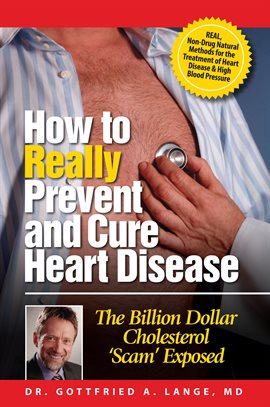People often ask, "How to cure CHD?" Despite the fact that there is no cure for the disease, many people are still able to lead healthy lives. In most cases, treatment involves lifestyle changes and medications to manage symptoms. Beta-blockers are one of the most popular options, as they reduce blood pressure and heart rate, and "rest" the heart. Nitroglycerin helps lower blood pressure and reduce the demand of the heart for oxygen and other nutrients, and can also relieve chest pain.
Some doctors treat CAD with various drugs, but not everyone requires treatment. Some only need observation and a trip to the cardiologist. Other people may require surgical intervention or cardiac catheterization. However, other conditions can develop and additional medical treatment may be necessary. If multiple issues are present, one child may require several different treatments. This is common because the medication can be taken for each condition separately. Some medications can even help prevent a heart attack.
There are several different treatment options for CHD. Angiotensin-converting enzyme inhibitors can bring down blood pressure and stop the progression of the condition. Calcium channel blockers work by widening the coronary arteries to increase blood flow to the heart. Both treatments reduce hypertension. Statins, which can prevent the development of CAD and lower the risk of non-fatal heart attacks, are also used for treating the symptoms of CAD.
In addition to medications, doctors may also prescribe lifestyle changes. Changing your diet and lifestyle can help improve your heart's circulation. If the problem develops, you may be able to change your lifestyle. A diet rich in fiber can also improve overall health and prevent heart disease. By improving your diet and exercise, you can make treatment for CAD easier and more effective. If you already know your risk factors for developing CAD, it's time to consider a treatment plan.

Although there is no cure for CAD, there are treatments that can relieve symptoms and improve heart function. For example, angiotensin-converting enzyme inhibitors help lower blood pressure by reducing the risk of coronary artery disease. A calcium channel blocker may improve blood flow to the heart and reduce hypertension. If you already have CAD, you should consider taking calcium channel blockers to improve blood flow to the heart and prevent future complications. These medications can also prevent coronary heart disease.
Although CAD is difficult to cure, there are medications that can help. The first treatment is an angiotensin-converting enzyme inhibitor. It lowers blood pressure and stops the progression of coronary artery disease. Sodium channel blockers dilate the coronary arteries and improve blood flow to the heart. These medications can also prevent the development of CAD. In addition to medications, they may also be prescribed to improve heart function.
Other available treatments include calcium channel blockers and angiotensin-converting enzyme inhibitors. These drugs lower blood pressure and help the heart function, reducing the risk of a heart attack. These drugs can also improve blood flow to the heart. These medications can also be used to treat other heart-related problems. If you suffer from coronary artery disease, you should consult your doctor Tom Stuart. These medications are available and can help you live a healthy life.
There are many treatments for CHD. The most common are angiotensin-converting enzyme inhibitors and calcium channel blockers. These drugs can lower blood pressure and stop the progression of CAD. Other treatments include statins. These medications can prevent CAD by stabilizing plaque in the heart. They can also reduce the risk of a heart attack. These medicines can also prevent the development of CAD by lowering blood pressure.
If you suspect you have CHD, you should consult a doctor as soon as possible. It is important to know your symptoms so you can be treated as quickly as possible. If you have symptoms, your doctor may be able to help you choose the right treatment for you. In some cases, you may not be aware of them until it has progressed to the stage where your symptoms have become chronic. You should consult a medical professional to learn more about CHD and how to cure it.